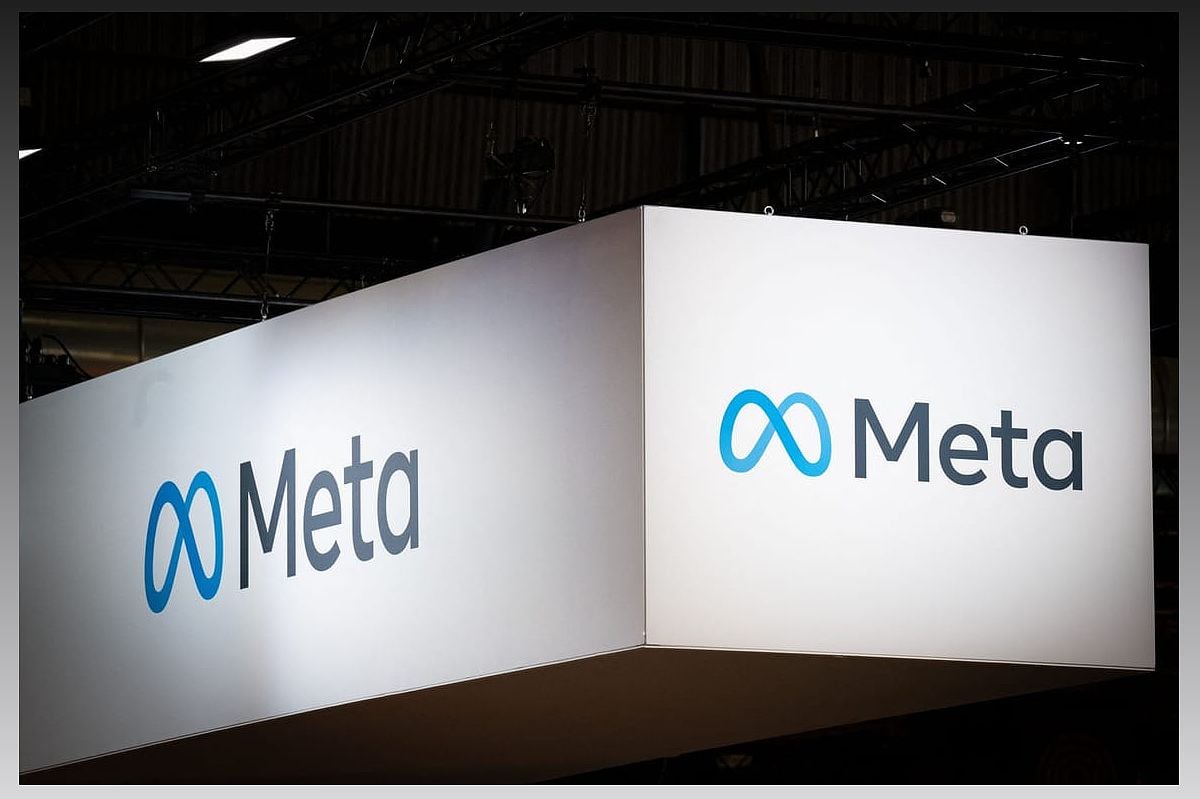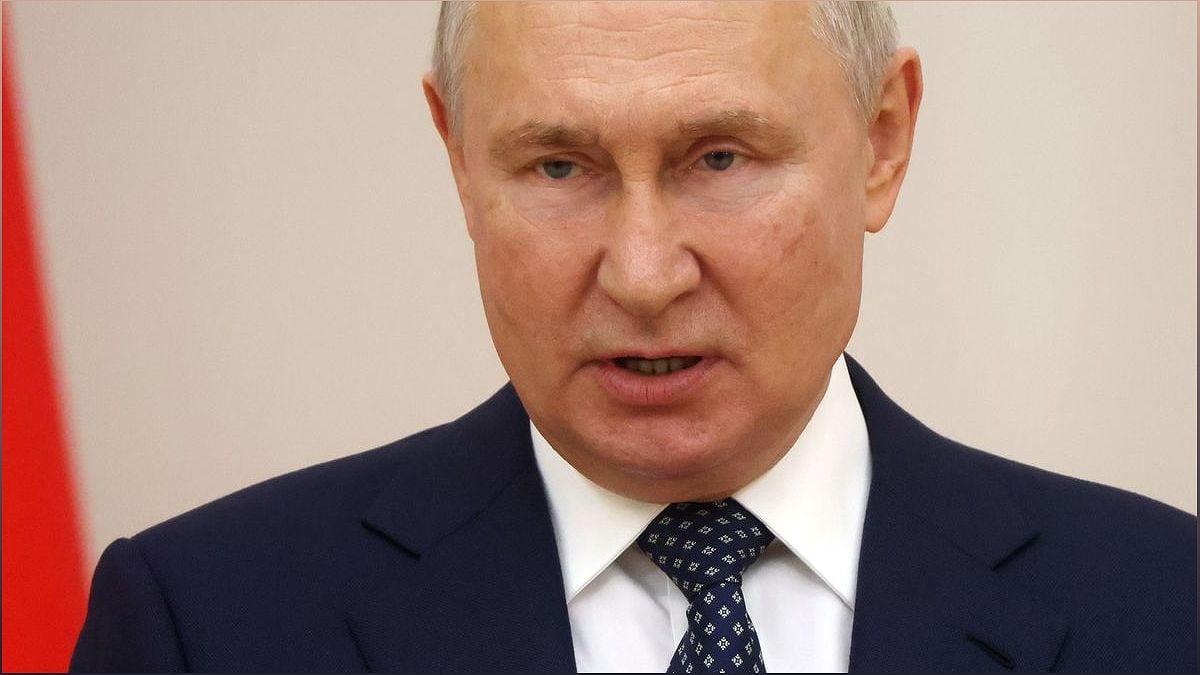Russia Adds Meta Spokesman to Wanted List: A New Twist in the Tech Company’s Legal Battle
In a surprising turn of events, Russian authorities have classified Meta, the U.S. technology company, as a ‘terrorist and extremist’ organization. As a result, Andy Stone, the spokesman for Meta, has been added to a wanted list. This development further intensifies the legal battle between Russia and the tech giant. Let’s delve into the details of this ongoing conflict and its implications for both parties involved.
Meta Classified as ‘Terrorist and Extremist’ Organization
The escalation of the legal battle
In a surprising move, Russian authorities have classified Meta, the U.S. technology company, as a ‘terrorist and extremist’ organization. This classification has significant implications for both Meta and the ongoing legal battle between the company and Russia.
The decision to label Meta as a ‘terrorist and extremist’ organization allows Russian authorities to pursue criminal proceedings against Russian residents using Meta’s platforms. This move further intensifies the conflict between the tech giant and the country.

Andy Stone Added to Wanted List
The targeting of Meta’s spokesman
As part of the escalating legal battle, Russian authorities have added Andy Stone, the spokesman for Meta, to a wanted list. Stone’s inclusion on the list indicates the seriousness with which Russian authorities view Meta’s operations and their determination to take action against those associated with the company.

Stone, who was reportedly put on the wanted list in February 2022, now faces criminal charges in Russia. The exact details of the charges have not been disclosed, but Stone’s inclusion on the list highlights the extent to which Russian authorities are targeting individuals connected to Meta.
Criminal Investigation into Meta’s Actions
Allegations of inciting violence
Russia’s federal Investigative Committee has opened a criminal investigation into Meta, accusing the company of inciting violence against Russians through its actions following Russia’s invasion of Ukraine. This investigation further deepens the legal woes faced by Meta in the country.

The investigation stems from allegations that Meta’s actions, particularly its changes to hate speech policies, allowed for the incitement of violence against Russian civilians. While Meta announced temporary changes to its policy to allow for certain forms of political expression, calls for violence against Russian civilians remained banned.
Social Media Platforms Blocked in Russia
Crackdown on independent media and critical speech
In the aftermath of the invasion of Ukraine, Russia has implemented a crackdown on independent media and critical speech, resulting in the blocking of popular social media platforms including Facebook, Instagram, and Twitter. These platforms were once widely used in Russia but have now been inaccessible to the general public.

The blocking of social media platforms is part of a broader effort by Russian authorities to control the flow of information and suppress dissenting voices. This move has faced criticism from both domestic and international communities, who view it as a violation of freedom of speech and expression.
Meta CEO Mark Zuckerberg Barred from Entering Russia
A further blow to Meta’s operations
In a significant blow to Meta, Russia has formally barred Meta CEO Mark Zuckerberg from entering the country. This move is seen as a direct response to the escalating legal battle between Russia and the technology company.
The ban on Zuckerberg’s entry into Russia further isolates Meta from the country and limits the company’s ability to engage with Russian users. It highlights the extent to which Russian authorities are willing to go to restrict Meta’s operations within their jurisdiction.
